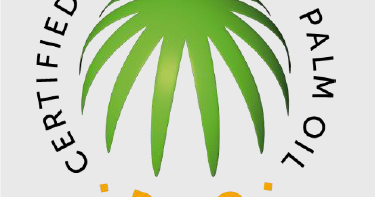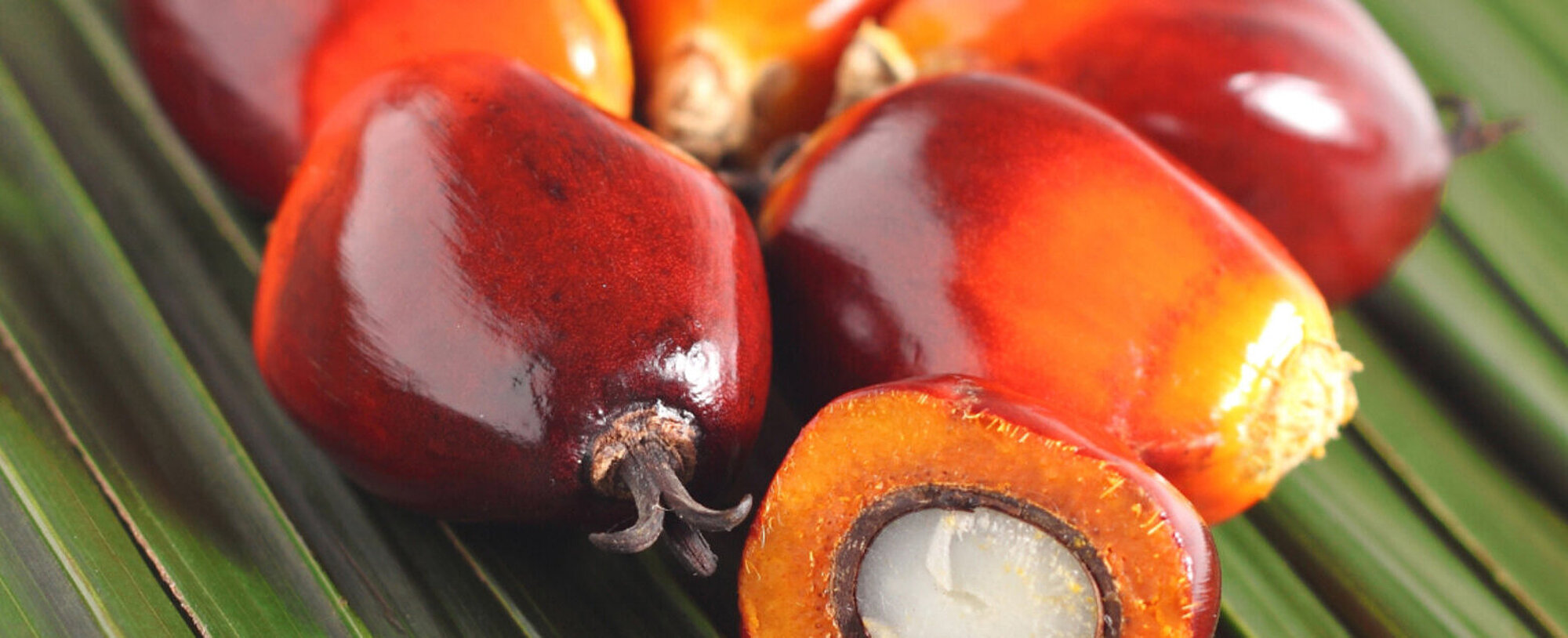- Sustainable raw materials are also a trending topic in the cosmetics industry
- This is particularly true when it comes to palm oil and palm kernel oil
- BTC Europe’s Zero Waste collection uses ingredients based on palm kernel oil from sustainable, certified sources
When buying cosmetic products, consumers not only focus on the price and quality of the product, but are also paying increasing attention to the origin of the ingredients. By using certified sources, manufacturers can take responsibility for the environment and provide certainty for their customers – for example, with sustainable palm kernel oil products.
The sustainability of raw materials is becoming ever more important in the cosmetics industry. According to a sustainability study (only available in German) conducted by the Verband der Vertriebsfirmen Kosmetischer Erzeugnisse (Association of Companies Selling Cosmetic Goods; VKE) in April 2020, three quarters of the surveyed end consumers stated their desire for the cosmetics industry to be more sustainable. 63 per cent of participants regard ingredients that are hazardous to the environment as one of the greatest challenges facing the industry, with the use of palm oil and palm kernel oil among the most controversial of topics here.

The oil palm tree yields great amounts of two different oils: palm oil is derived from the fruit of the tree, while palm kernel oil is extracted from the kernels of the fruit at a ratio of 10:1. Both oils are used as base materials in a wide range of products, with palm oil making up around 90 per cent of the entire amount of oil.
The oils from the oil palm make up around 30 per cent of the global production of plant oils and are therefore ever-present on the market. These oils are found in countless foods, but also in washing detergents, biodiesel, candles, paints – and of course, cosmetic products. Demand is increasing in line with the growing global population. According to the WWF, palm oil plantations cover an area of around 12 million hectares around the globe. In the past, creating new plantations often required large areas of the rainforest to be cleared, a factor which posed a significant threat to the habitat of orangutans and other species.
Palm kernel oil and its derivatives are among the most important renewable raw materials in the cosmetics industry, in part thanks to their advantageous fatty acid composition. Palm kernel oil derivatives are primarily used as surfactants and emulsifiers. Owing to its similar chemical structure, coconut oil is often used as an alternative to palm kernel oil.
BASF and BTC Europe rely on sustainable raw materials
“Consumers often search for products without palm oil or palm kernel oil,” explains Josefine Schröder, Senior Technical Expert Personal Care at BTC Europe. “However, thanks to its special properties, palm kernel oil in particular is almost impossible to replace in cosmetic products.” For example, around 80 per cent of the BTC Europe portfolio, and thus the Zero Waste collection, is based on either palm kernel oil or coconut oil. “We therefore use ingredients based on palm oil that are procured from sustainable and certified sources,” Schröder emphasizes.
By implementing numerous measures, BASF aims to ensure that the ingredients containing palm (kernel) oil or other renewable raw materials that are used by the company and sold by BTC Europe are derived from sustainable sources. The company therefore relies on RSPO certifications (“Roundtable on Sustainable Palm Oil”) for the various production sites and close collaboration with all partners throughout the supply chain. BASF is also involved in the Forum for Sustainable Palm Oil (FONAP) and is a driving force behind the switch to palm (kernel) oil produced in a sustainable manner.
As such, BASF and BTC Europe are guaranteeing the greatest possible transparency when it comes to the origin of the raw materials. They are taking responsibility for their products and are thus helping their customers meet their requirements for sustainable and certified products based on palm oil.
Minimal consumption for maximum performance
Responsibility also means using valuable resources sparingly. And this is where the Zero Waste collection from BTC Europe comes in. All 45 raw materials from the collection are not only from certified sustainable sources, but can also be used in diverse applications. The BTC Europe chemists have developed 14 innovative formulation ideas for shampoos, creams or other care products.
“Our goal was to use as few raw materials as possible for a wide range of recipes, which manufacturers can either use directly or adapt as required,” says Josefine Schröder, Senior Technical Expert Personal Care at BTC Europe. This ensures that the manufacturers are on the safe side when it comes to their sustainability goals.
Our BTC Europe experts would be happy to advise you regarding further solutions! The contact information of your local BTC Europe contact is available in the Solution Finder and further information can be found on BASF’s Care Creation platform.
Our Expert
Josefine Schröder has been working in the area of cosmetics, detergents and cleaning products for 23 years. In this time, she has gathered experience in a number of different fields, including research and development, analytics and marketing. Her career began in 1998, when she took her diploma thesis at Henkel. Following this, the qualified chemist joined the newly founded company Cognis, which was later taken over by BASF. Since switching to BTC Europe around eight years ago, she has been responsible for cosmetics throughout the whole of Europe as a Senior Technical Expert. Schröder is fascinated by “the work with and at customers all over Europe, different cultures, ways of thinking, requirements and markets”. She loves the variety that her career offers her, and “of course, working in a fantastic team”.


